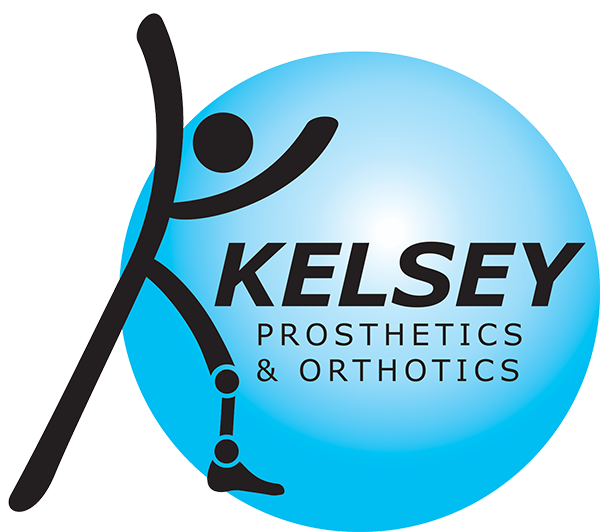To keep your prosthesis in good working order, we recommend a prosthetic checkup every six months. It’s important not only for the device to function properly, but to make sure you are comfortable using it and getting the best possible results.
When you come for a checkup, we will:
- Assess the fit and comfort of your socket. If the socket is not firm against the residual limb, movement occurs, causing pain, sores and blisters, and resulting in compromised mobility. Sockets may need to be replaced if you have weight gain or loss or volume gain or loss or the residual limb has changed in size or shape. Often it is possible to make adjustments to the socket, but sometimes a new one may have to be prescribed.
- Check your alignment. This is important because a prosthesis must maintain your natural alignment. If it is not correctly aligned, the body compensates resulting in stress on muscles and joints. This makes it hard to walk and can lead to complications.
- Determine whether components need to be repaired or replaced due to normal wear and tear, or damage that can be caused by moisture, dust, dirt and other contaminants.
- Examine your residual limb for signs of stress or pressure and recommend treatment options if needed.
- Determine whether you need new liners or socks. Liners and socks can stretch over time. With liners, stretching can cause it to lose contact with the skin, creating a bad fit. Worst case scenario, it can cause the prosthesis to slip off the residual limb. Liners should be replaced every 6 to 9 months. Socks also can become stretched and thin, causing you to compensate by wearing extra socks. We will assess this and advise whether you may need to use a different ply or material choice.
It’s always a good idea to have your prosthetist re-evaluate if you have changes in activity level, weight gain or loss of 10 lbs. or more, additional surgeries on the residual limb, or just if your prosthesis doesn’t feel as good as it used to.
If you haven’t been here in more than a year, even if you are not experiencing any issues, please give us a call for your prosthetic checkup. We are here to help you and we want all our patients to wear their prosthesis comfortably and to ambulate to the best of their ability.
